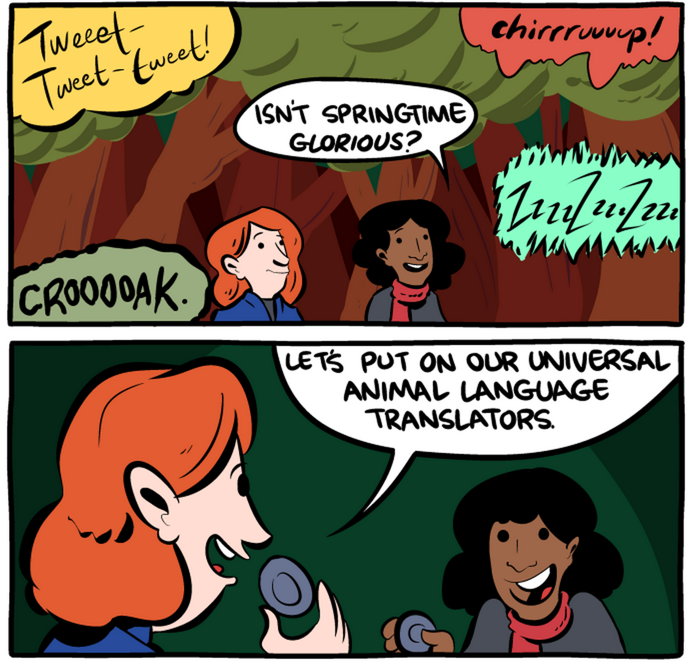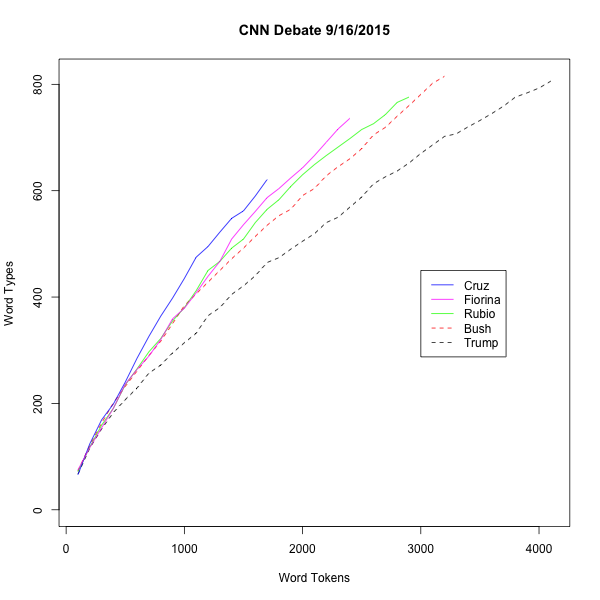In recent years, this has been one of the most common modifiers and exclamations in Chinese. You can say just "niu" by itself, where "niu" actually means niú 牛 ("cow"), but that's an elision of "niuB" or "niubi", which in turn means "cow pussy". Although "niu(B/bi)" is used so frequently, in mixed company, on packaging, and so forth that it has lost much of its original shock value, it now means not much more than "awesome". Nonetheless, I would recommend scrupulously avoiding it in situations where you are expected to be polite and formal.
Although "niu(B/bi)" may amount to "awesome", it is far more colorful and crude. The origin of this usage is quite vulgar; for explanations, see here, here (with links to other posts in which the term is treated), also here and here.
Read the rest of this entry »



